On Tuesday, November 4, 2014, Felicity Burrows, Marine Conservation Specialist at The Nature Conservancy did a poster presentation on the Bahamas Spiny Lobster Fishery Improvement Project (FIP) to persons attending the 2014 Gulf and Caribbean Fisheries Institute (GCFI)Conference in Barbados. Present were fishermen, scientists and researchers, government representatives throughout the region, NGOs as well other interested persons. The conference was very productive and allowed all groups of persons to exchange information on research being done throughout the Gulf and the Caribbean region. To learn more about the conference and other GCFI initiatives, visit www.gcfi.org.
The summary below briefly describes the Bahamas Spiny Lobster FIP.
Felicity M. Burrows, Marine Specialist, The Nature Conservancy, Northern Caribbean Program, Nassau Bahamas and; Wendy Goyert, Program Officer, Major Buyer Initiative, Fisheries, World Wildlife Fund, Washington, DC.
The Bahamas is recognized for its industrious spiny lobster (Panularis argus) fishery and is one of the main exporters of lobster tails globally. Though the fishery seems stable, threats such as illegal, unregulated and unreported harvesting of lobsters still exist. To enhance management and sustainability of the lobster fishery, The Nature Conservancy, The Bahamas Department of Marine Resources, The Bahamas Marine Exporters Association (BMEA), and other conservation partners are working with the World Wildlife Fund (WWF) to implement a fishery improvement project (FIP) for the Bahamian lobster fishery. The FIP’s goal is to work with stakeholders to advance the fishery toward meeting sustainable fisheries standards set by the Marine Stewardship Council (MSC) while preserving a healthy marine ecosystem. Feedback from stakeholders and experts were used to develop a workplan emphasizing major activities that must be implemented to address the gaps identified in the lobster fishery management structure. Some of these activities include collecting fisheries dependent data; conducting outreach efforts; improving monitoring, enforcement and management and; conducting a stock assessment. To date, The Bahamas has implemented a catch certificate program; a zero tolerance policy within the BMEA against the harvesting and buying of illegal size lobsters; conducted a lobster stock assessments and; established a Government appointed Spiny Lobster Working Group consisting of various stakeholders that will advise the Government of schemes that aim to better management and governance. The expected outcomes of the FIP will consist of improved documentation and management of lobster stocks, sustained lobster populations and, greater environmental stewardship.
To learn more about the Bahamas FIP visit: https://sites.google.com/site/fisheryimprovementprojects/home/bahamas-lobster

